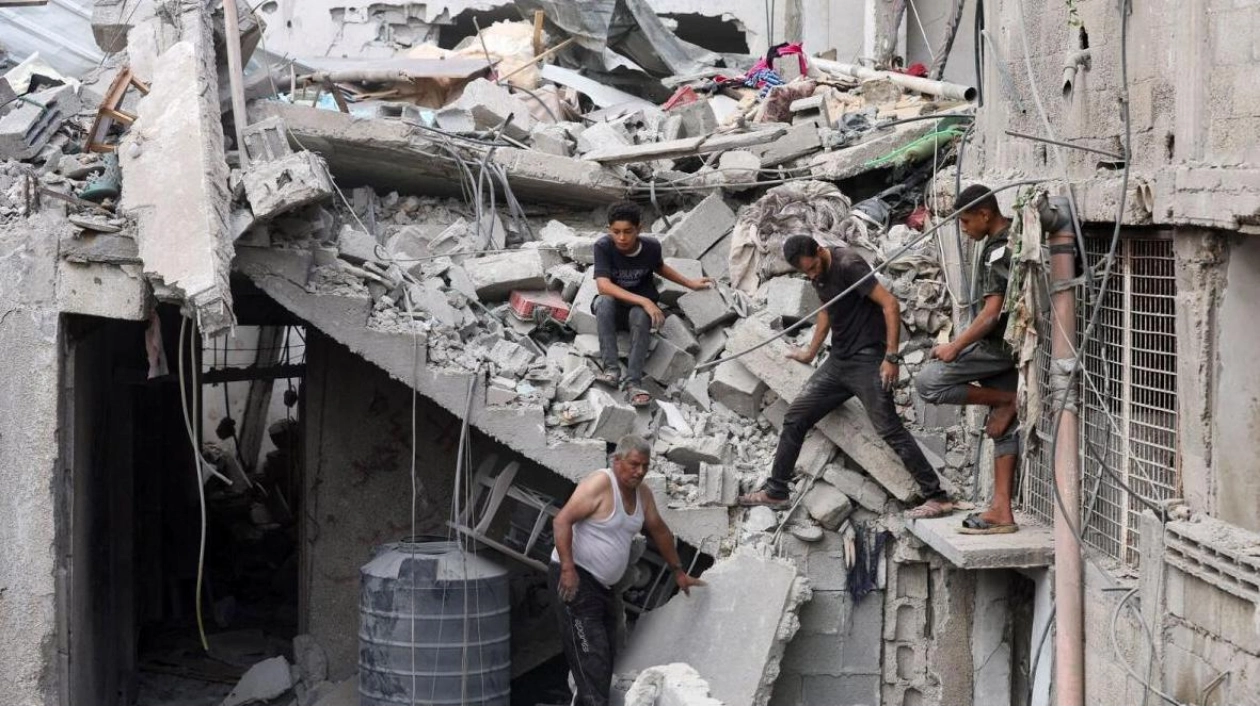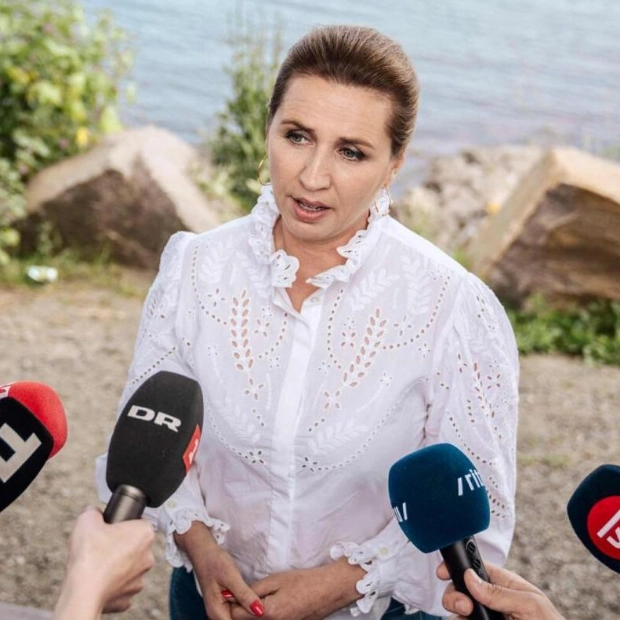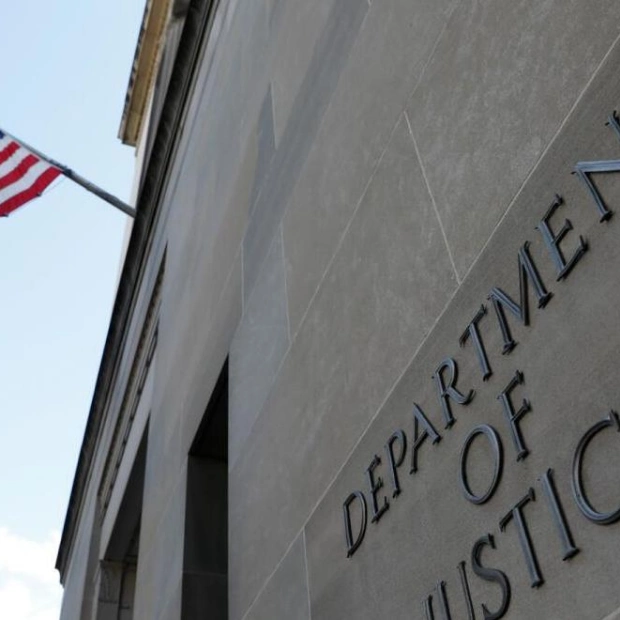On Monday, Gaza medics and rescuers reported that Israeli strikes on multiple homes resulted in the death of at least 18 people. Meanwhile, Hamas asserted that it possesses sufficient resources to sustain its ongoing conflict, which has persisted for nearly a year. These latest strikes occurred as Israeli Defence Minister Yoav Gallant cautioned that the prospects for a ceasefire with Hezbollah militants along the Lebanon border were diminishing, thereby heightening concerns of a broader regional conflict.
Senior Hamas official Osama Hamdan, in an interview with AFP in Istanbul on Sunday, stated: "The resistance has a high ability to continue." He added, "There were martyrs and there were sacrifices... but in return there was an accumulation of experiences and the recruitment of new generations into the resistance." This statement came just days after Gallant informed journalists that Hamas, whose October 7 attack initiated the war, "no longer exists" as a military entity in Gaza.
Violent clashes continued in the Gaza Strip on Monday, with survivors sifting through the rubble of collapsed buildings following a strike on the Nuseirat refugee camp in central Gaza. An air strike on the home of the Al Qassas family in Nuseirat in the morning resulted in the deaths of ten people and the wounding of 15 others, according to a medic at Al Awda hospital, where the bodies were transported. Rashed Al Qassas, a surviving family member, recounted, "My house was hit while we were sleeping without any prior warning. There are many martyrs, among them the sons of my family and my little grandsons."
The Gaza civil defence agency reported that six Palestinians were killed in a similar air strike on a house belonging to the Bassal family in Gaza City's Zeitun neighbourhood, a frequent target of Israeli military raids since the war began. Additionally, two people were killed in an overnight air strike in Rafah that targeted a house belonging to the Abu Shaar family.
The October 7 attack that ignited the war led to the deaths of 1,205 people, predominantly civilians, according to an AFP tally based on official Israeli figures. Militants also captured 251 hostages, 97 of whom remain in Gaza, including 33 whom the Israeli military claims are deceased. Israel's retaliatory military offensive has resulted in the deaths of at least 41,226 people in Gaza, according to the health ministry in the Hamas-run territory, which does not differentiate between civilian and militant casualties.
The war has also involved Iran-backed fighters from various regions, including Lebanon, Syria, Yemen, and Iraq. Tensions have escalated along Israel's northern border with Lebanon, raising fears that the violence could escalate into a full-scale war. "The possibility for an agreed framework in the northern arena is running out as Hezbollah continues to 'tie itself' to Hamas," Gallant told US Secretary of Defense Lloyd Austin in a phone call. Gallant reiterated Israel's commitment to the removal of Hezbollah presence in southern Lebanon and to enabling the safe return of Israel's northern communities to their homes.
Israeli media outlets reported that Amos Hochstein, the special envoy of US President Joe Biden, arrived in Israel on Monday to assist in defusing tensions between Israel and Hezbollah. Lebanon's Iran-backed Hezbollah group has engaged in near-daily cross-border fire with Israeli forces since October 7. Hezbollah deputy chief Naim Qassem stated on Saturday that his group has "no intention of going to war," but if Israel does "unleash" one, "there will be large losses on both sides."
The cross-border violence since early October has resulted in the deaths of 623 people in Lebanon, mostly fighters but also including at least 141 civilians, according to an AFP tally. On the Israeli side, including in the annexed Golan Heights, authorities have confirmed the deaths of at least 24 soldiers and 26 civilians. Gallant's warning also follows Yemen's Houthi rebels claiming a rare missile attack on central Israel on Sunday—an attack that caused no casualties but prompted vows of retaliation from Israeli Prime Minister Benjamin Netanyahu.
"They should have known by now that we charge a heavy price for any attempt to harm us," the Israeli premier declared. The Houthis claimed they had "penetrated" Israel's air defences, while Israel stated that the missile likely fragmented mid-air but was not destroyed. In July, a Houthi drone strike killed a civilian in Tel Aviv, approximately 1,800 kilometres from Yemen. This prompted retaliatory strikes that caused significant damage and deaths at Yemen's rebel-controlled Hodeida port.
Since November, the Houthis have targeted Israel and its perceived interests in solidarity with Palestinians in Gaza, launching dozens of missile and drone strikes that have disrupted global shipping through vital waterways off Yemen. In a televised speech, the Houthis' leader stated that the rebels and their regional allies were "preparing to do even more." "Our operations will continue as long as the aggression and siege on Gaza continue," Abdul Malik Al Houthi said.






